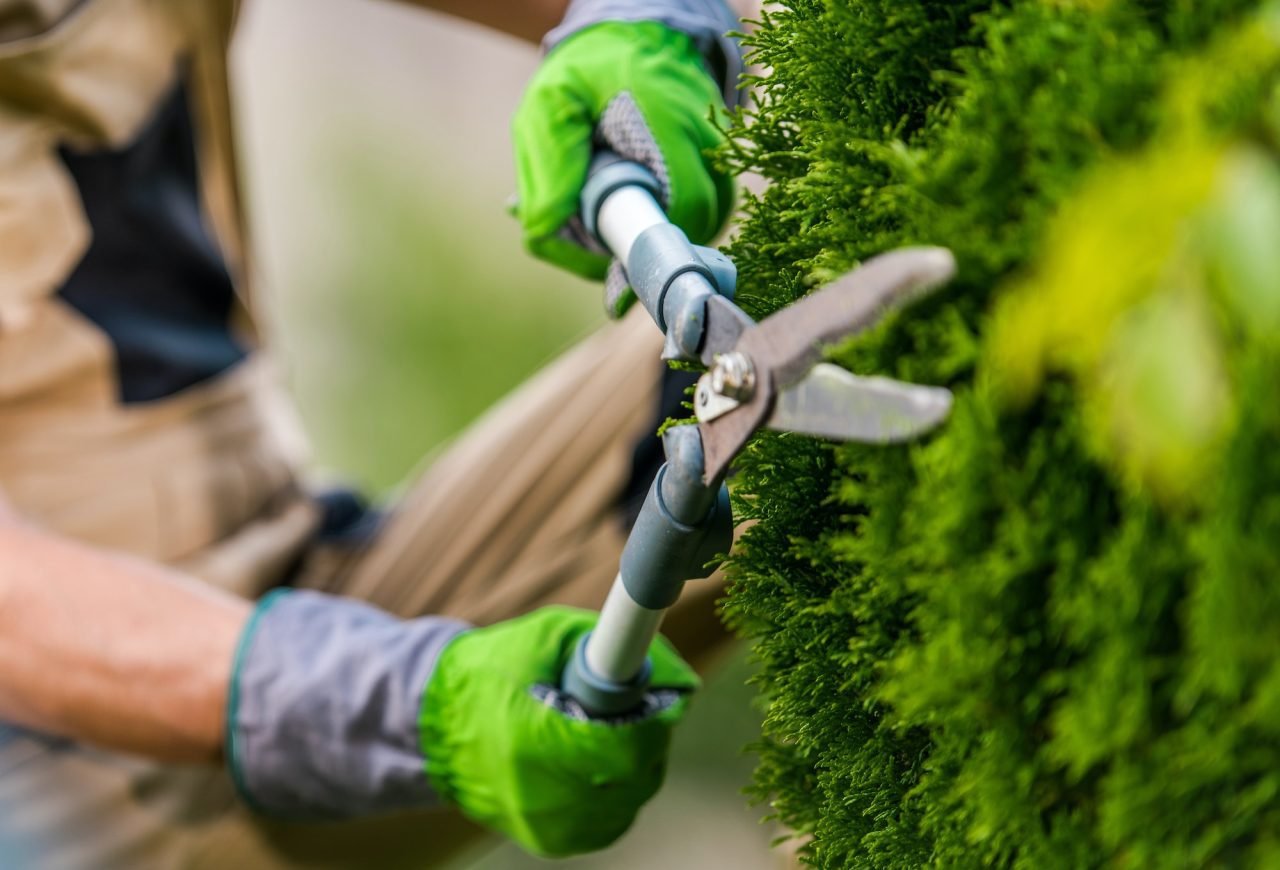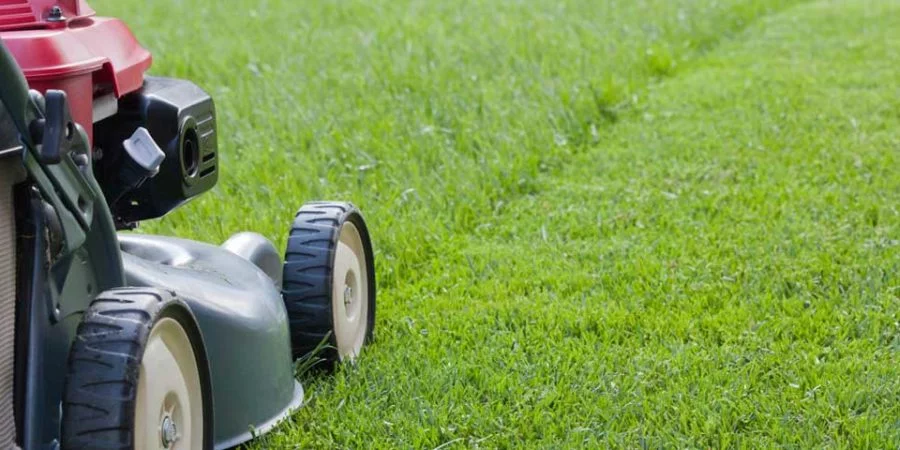Welcome to the world of organic gardening, where the taste of a sun-warmed tomato straight from your garden is an everyday delight. Organic gardening not only brings you closer to nature but also offers the assurance that you know exactly what’s in your food. As a bonus, it transforms your garden into a haven for…
Selecting the Perfect Site
Choosing the right location is paramount for a thriving organic garden. Opt for a spot that receives a minimum of 6 to 8 hours of sunlight each day. Sun-loving plants like tomatoes, peppers, cucumbers, and melons flourish in full sun. However, if shade is your only option, leafy greens such as lettuce, kale, and various herbs can tolerate partial sun. Ensure your garden isn’t overshadowed by large trees or their greedy roots, which can snatch nutrients and water from your plants. Additionally, easy access to a water source is essential for your garden’s well-being.
Pro Tip: Limited yard space? Container gardening is your solution. Place your pots in protected areas to shield them from strong winds. Consider locating your organic container garden conveniently close to the kitchen for effortless meal prep. Remember to match pot size with your chosen plants.
The Foundation: Great Soil
The secret to a flourishing organic garden lies beneath the surface—in your soil. Optimal soil enriched with nutrients is key to success. For those starting their organic journey, kickstart a compost pile to enhance soil quality. Keep in mind that compost takes time to break down for use in your garden. In the interim, mix 3 inches of Miracle-Gro® Performance Organics® All Purpose In-Ground Soil with the top 6 inches of your existing garden soil. This blend provides your plants with an excellent foundation.
Container gardening requires specialized potting mix designed for containers. This mix is lighter and drains better than garden soil, ensuring water and nutrients reach your plant’s roots with ease. Miracle-Gro® Performance Organics® All Purpose Container Mix is an ideal choice, enriched with organic matter in the form of aged compost. Don’t forget to choose pots with drainage holes to prevent waterlogged roots.
For raised beds, fill them with Miracle-Gro® Performance Organics® Raised Bed Mix or a 50-50 blend of In-Ground Soil and Container Mix for optimal results.
The Perfect Plants
Selecting the right plants is crucial for a healthy, low-maintenance organic garden, especially for beginners. Choosing plants native to your region or specifically bred for your climate is a smart move. Look for Bonnie Organics varieties, available at local garden shops and home improvement stores, as they are carefully selected to thrive in your area. These plants are also USDA Organic certified, guaranteeing their quality.
Consider disease-resistant hybrid plants, which can reduce the workload while increasing your harvest. To attract beneficial insects and deter pests, plant a variety of flowers and flowering herbs alongside your vegetables.
Pro Tip: Want to know where to buy Bonnie Organics in your area? Check their website for local retailers.
Water Wisdom
Maintaining proper moisture levels is essential for plant health. Avoid overwatering, as it can be as detrimental as underwatering. Always check the soil moisture before watering by inserting your finger one inch into the soil. If it’s moist, hold off on watering. Dry soil, on the other hand, signals that it’s time to provide hydration. When watering, target the soil around the base of the plants to ensure the roots absorb moisture. Avoid wetting the leaves, as it can create a breeding ground for diseases. For precise and efficient watering, consider installing a drip irrigation system.
Nourish Your Plants
Throughout the growing season, your plants need regular nutrition to thrive. Provide them with Miracle-Gro® Performance Organics® Edibles Plant Nutrition. This specially formulated plant food is essential, especially for large, nutrient-hungry plants like tomatoes and peppers. Always follow the package directions to ensure your plants receive the right amount of nourishment.
Maintain with Mulch
Mulch is a gardener’s secret weapon. It not only suppresses weeds by blocking sunlight but also retains moisture in the soil, reducing the need for frequent watering. Mulch also adds aesthetic appeal to your garden. While pine straw and wheat straw are popular choices, untreated grass clippings, chopped leaves, and aged wood shavings work equally well. Over time, mulch breaks down, enriching the soil with nutrients—a boon for your plants.
Pro Tip: Even if you have a gravel driveway, you can still create a functional organic garden using containers.
Crop Rotation
To safeguard your organic garden, embrace the time-tested practice of crop rotation. This entails moving plants of the same family to different locations each year. By doing so, you prevent the buildup of pests and diseases specific to particular plants. For example, tomatoes, peppers, and eggplants belong to the nightshade family. Continuously planting them in the same spot can lead to soil-borne issues. Mixing up your garden layout and relocating plants will keep your garden healthy and thriving.
Cleanliness is Key
Maintaining good hygiene in your garden is as crucial as it is for the gardener. Regularly remove diseased leaves and plants; avoid adding them to the compost pile to prevent disease spread. Keep an eye on leaves and stems for any signs of pests and promptly address the issue. Dispose of garden debris, such as overripe fruit, broken branches, and fallen leaves. Additionally, ensure your garden tools are clean, especially if they’ve been used on potentially diseased plants.
The Joy of Harvest
Now, the most enjoyable part of your journey—harvesting the fruits of your labor! Unsure about the best time to harvest your crops? Check out our Harvest Guides for Summer and Cool Weather Vegetables, as well as Summer Herb Harvesting Tips. Savouring your garden-fresh meals will fill you with happiness, knowing that you’ve become a successful organic gardener.
In conclusion, organic gardening is a rewarding and fulfilling endeavor that connects you with nature and provides you with wholesome, homegrown produce. By following these guidelines, you’re well on your way to creating an organic garden that thrives, nourishes, and delights both you and the environment. Happy gardening! 🌱🌻



